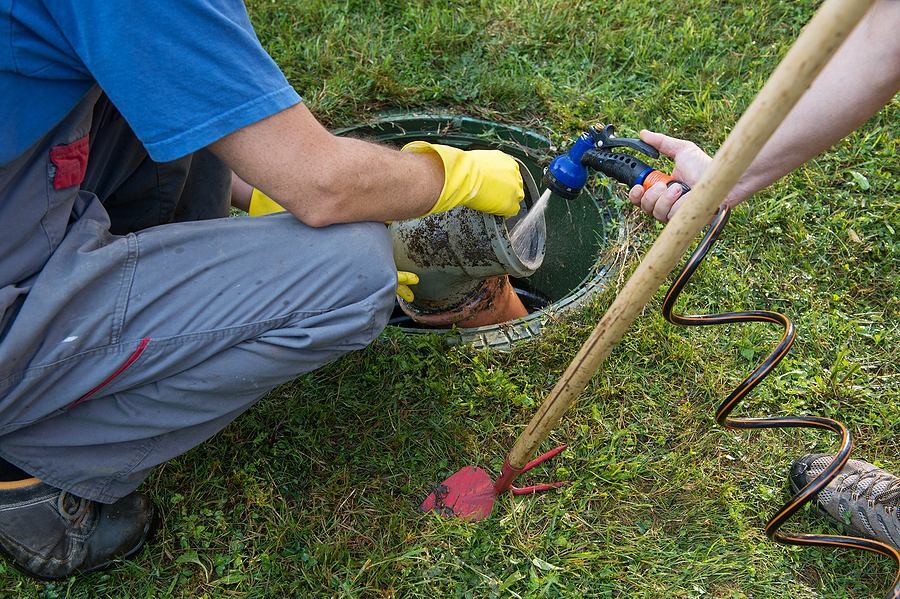
16
Homeowners insurance provides valuable protection against a wide range of risks and liabilities, including damage to property and unforeseen emergencies. While most homeowners are familiar with coverage for common issues such as fire or theft, many may not realize that certain problems related to septic systems may also be covered by their insurance policies. Understanding which septic system problems are covered can help homeowners make informed decisions about their insurance coverage and ensure they are adequately protected. Here are three septic system problems that may be covered by homeowners insurance.
Accidents or disasters such as vehicle collisions, fallen trees, or natural disasters like earthquakes or floods can cause damage to septic tanks and associated components. In some cases, homeowners insurance policies may provide coverage for repairs or a renewed septic tank installation, replacing a damaged septic tank caused by such events. However, coverage may vary depending on the specific terms and conditions of the policy, as well as the cause and extent of the damage.
Solution: In the event of septic tank damage caused by accidents or disasters, homeowners should contact their insurance provider as soon as possible to file a claim. It's essential to document the damage thoroughly with photographs and provide any necessary evidence to support the claim. Working with a reputable septic company to assess the extent of the damage and provide septic tank repair estimates can also expedite the claims process. Contact the professionals at Charlotte Septic Pros to learn more about our services.
Septic system backups and overflows can cause significant damage to property and pose health hazards to occupants. While preventive maintenance such as regular septic tank pumping and septic tank cleaning can help mitigate the risk of backups, unexpected issues may still arise due to factors such as blockages, system malfunctions, or excessive water usage.
In some cases, homeowners insurance policies may provide coverage for damage resulting from septic system backups or overflows. This can include repairing or replacing damaged property, such as flooring, walls, or personal belongings, as well as cleanup and remediation expenses associated with sewage spills.
Solution: If you experience a septic system backup or overflow, it's crucial to take immediate action to mitigate damage and prevent health hazards. Contact your insurance provider to determine whether your policy includes coverage for such incidents and initiate the claims process accordingly. Promptly addressing the issue with the help of a professional septic company can minimize damage and ensure the safety and integrity of your property.
In cases where a septic system problem renders your home uninhabitable, homeowners insurance may provide coverage for additional living expenses incurred while your home is undergoing repairs or remediation. Loss of use coverage typically reimburses homeowners for expenses such as temporary lodging, meals, and transportation until their home is deemed habitable again.
Solution: If your home becomes uninhabitable due to a septic system problem, notify your insurance provider immediately to initiate the claims process for loss of use coverage. Keep detailed records of all expenses incurred as a result of the displacement, including receipts for lodging, meals, and transportation. Working with a reputable septic company to expedite repairs can help minimize the duration of displacement and ensure a smooth claims process.
While homeowners insurance may provide coverage for certain septic system problems, it's essential to review your policy carefully and understand the specific terms, limits, and exclusions related to septic system coverage. Additionally, regular maintenance and proactive measures to protect your septic system can help minimize the risk of costly repairs and insurance claims in the long run. By staying informed and taking preventive action, homeowners can safeguard their septic systems and their investment in their property.
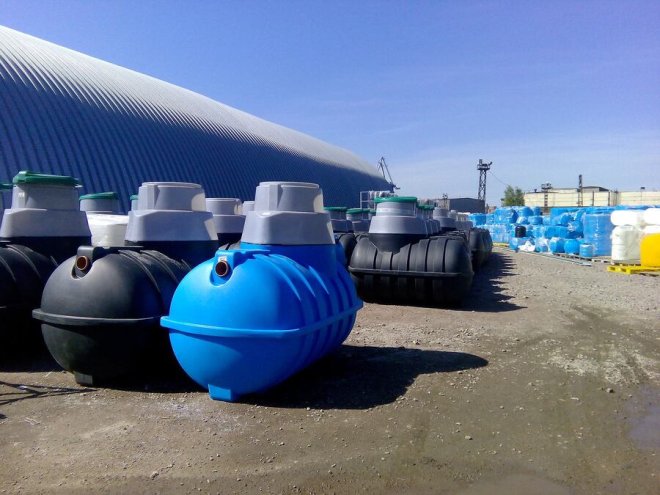
28
How to Prepare for Septic System Installation Installing a septic system is a major investment for any property that lacks…
Read more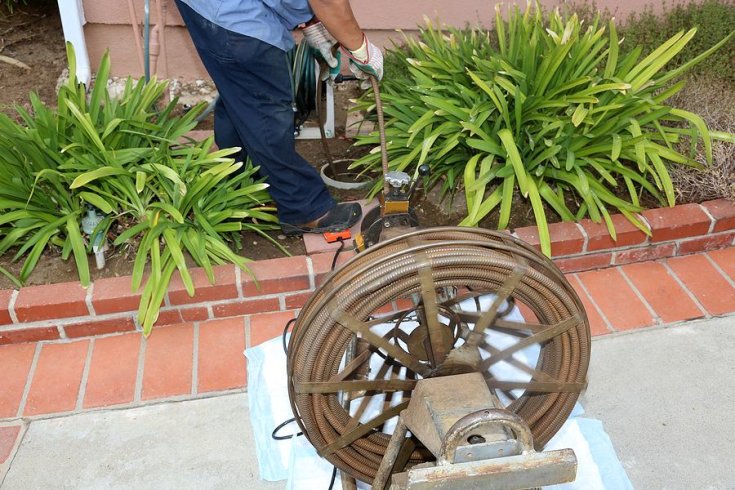
20
How Main Drain Cleaning Can Prevent Sewer Backups Sewer backups are one of the most unpleasant plumbing emergencies homeowners can…
Read more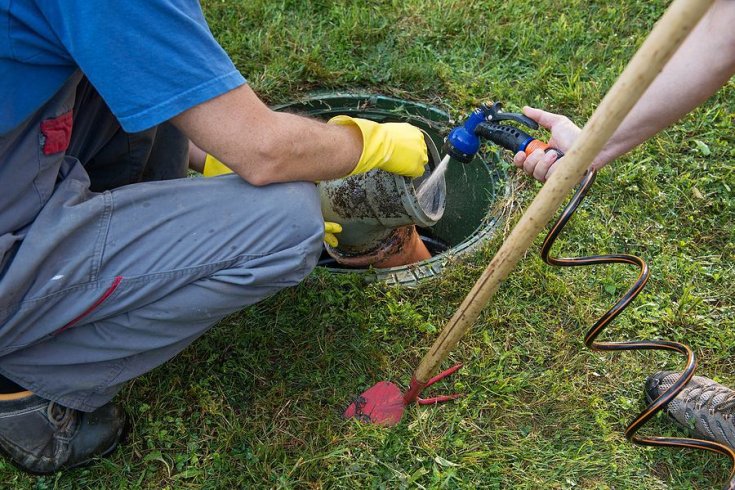
13
What to Do When You Have Drainage Problems Drainage problems can be frustrating and cause serious damage if left untreated.…
Read more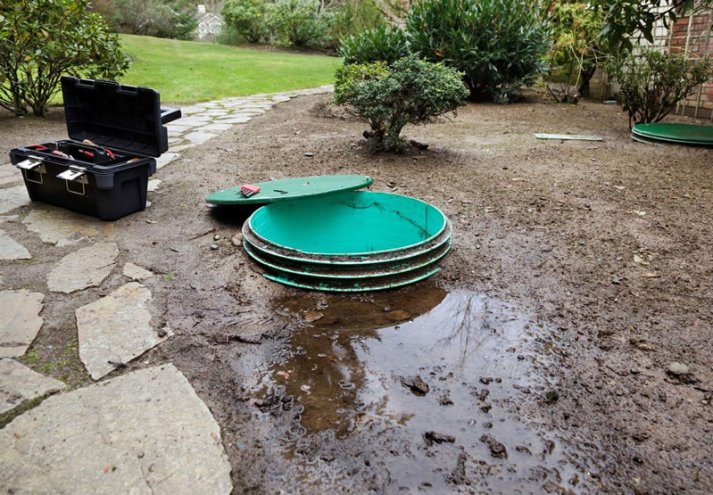
04
Signs and Causes of Septic Leaks A leaking septic system can pose serious health and environmental risks. If left untreated,…
Read more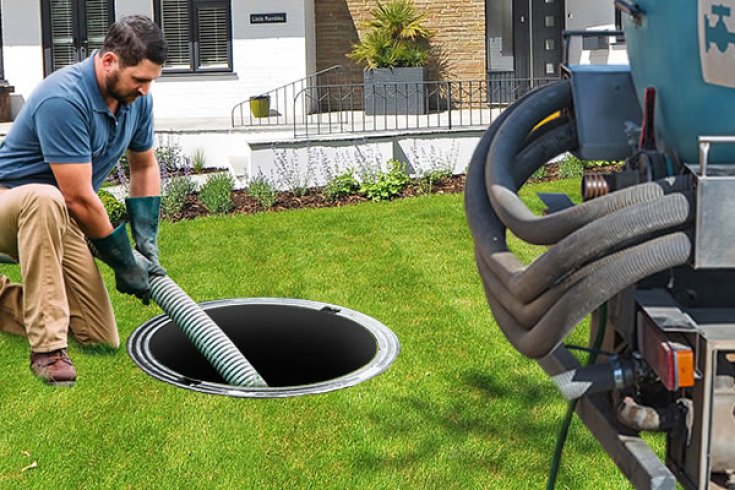
02
Unusual Septic Tank Blockages: Keeping Your Septic System Healthy A properly functioning septic system is crucial for any home or…
Read more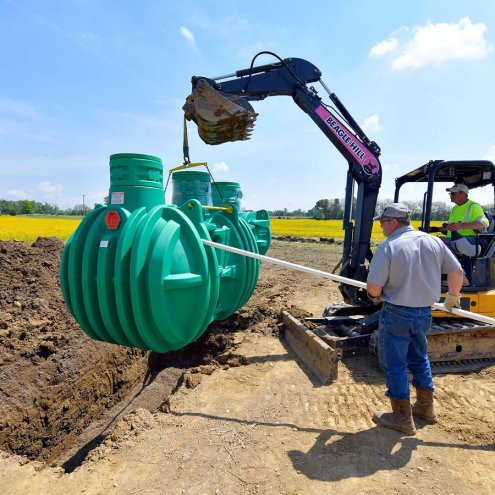
23
Seasonal Weather and Septic Systems Tank Your septic system plays a vital role in managing household wastewater, but seasonal weather…
Read more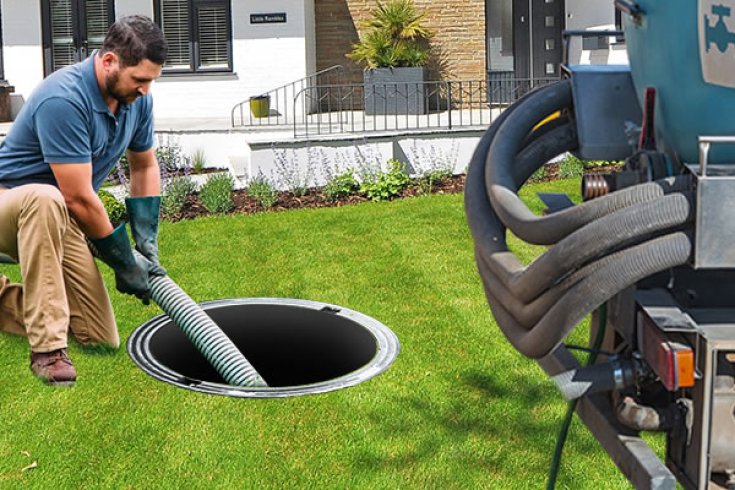
15
Why Toilet Paper Matters to Your Septic Tank Many homeowners don’t give much thought to their toilet paper—until it starts…
Read more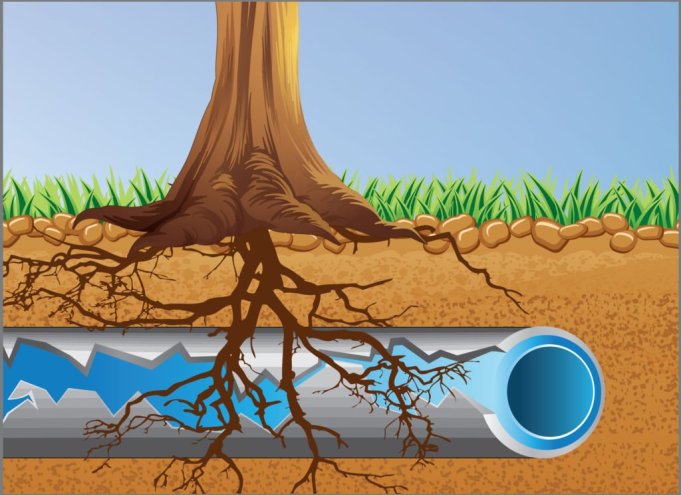
21
Tree Root Infiltration of Septic Systems We love the trees in our yards and in our environment. Just by looking…
Read more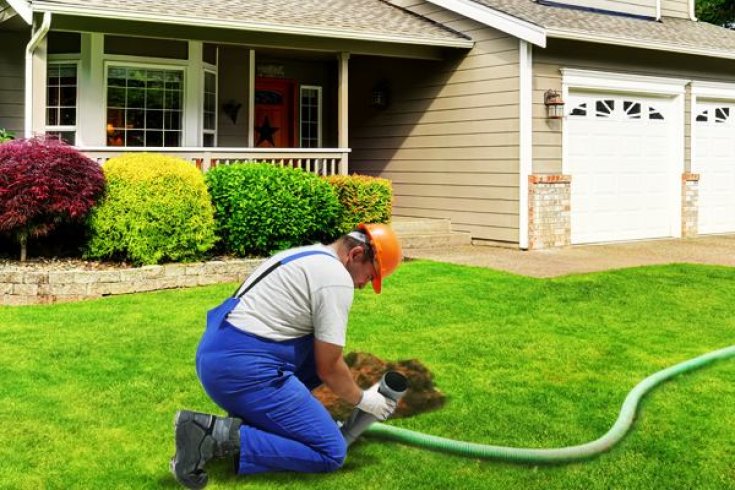
12
Preparing Your Pipes & Drains for the Winter With winter on the horizon, homeowners need to implement specific measures to…
Read more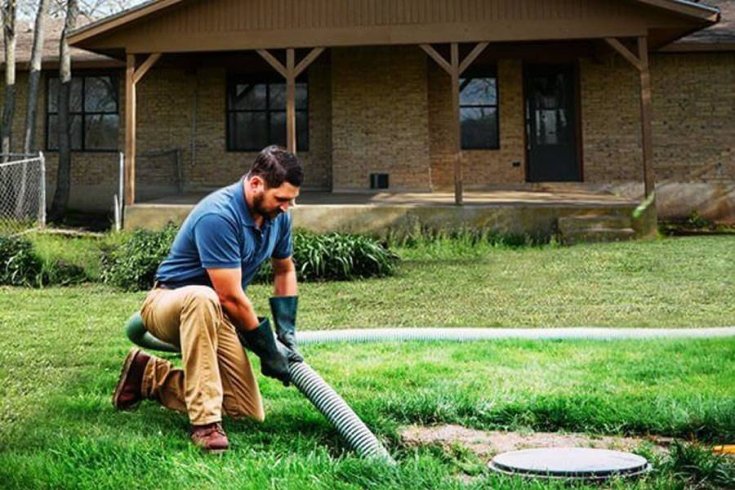
05
Buying a New Home? Invest in a Septic System Inspection When purchasing a new home, many buyers focus on visible…
Read more